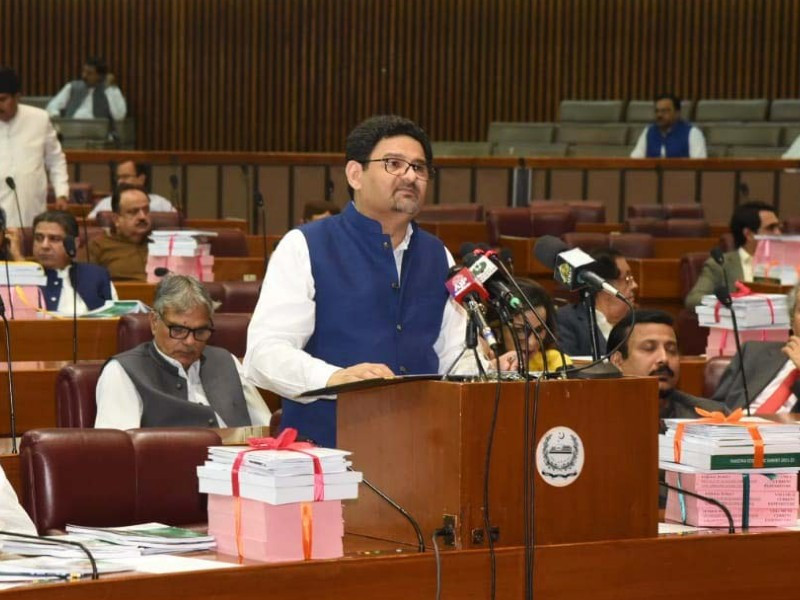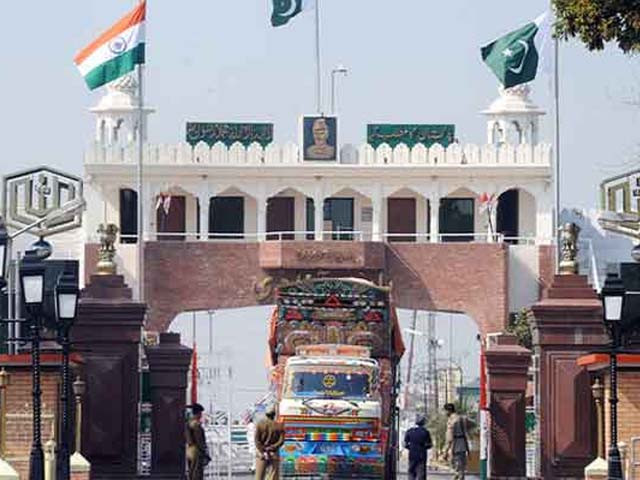
Can PTI solve the NFC awards conundrum?
The National Finance Commission (NFC) has been the centre of attention in Pakistani politics of late. Under article 160 of Pakistan’s constitution, the president has to constitute the NFC after every five years for a term of five years. The 7th NFC award – after a thirteen year gap – became effective under the rule of Pakistan Peoples Party (PPP) in 2010-11. The NFCs that followed remained indecisive. The 7th NFC holds towering significance in the political economy of Pakistan. The award’s noticeable features include the vertical increase in provincial share to 56% in the first year and 57.5% thereafter.
The fiscal mechanism in the 7th NFC award has not been thought through. The federation withholds too little – compared to its colossal needs and financial commitments – forcing it to run a deficit. The federation has to service unilateral and bilateral debt after distributing the due share to the provinces. The debt servicing only leaves behind a sum that finances a part of the military budget. Non-tax revenue and additional loans fund the remaining expenditures.
Thus there is a case for mulling upon the NFC awards again. But the biggest hindrance to the federation is the stipulation of the 18th Amendment that bars the stakeholders from reducing the provincial share of the revenue. So the provincial share cannot be curtailed without another amendment to the constitution.
The 7th NFC gave the provinces exclusive tax jurisdiction over agriculture and services. This roughly accounts for 80% of Pakistan’s gross domestic product (GDP). It is why we witness regular fiscal imbalances despite an increase in the tax collection over the years. However, the award remained silent on sharing financial burdens like debt servicing of public loans for national projects.
The reduction of the share of revenue may impede the federation against unexpected needs of national importance. It has resulted in a persistent fiscal deficit, forcing Pakistan into the vicious cycle of the debt trap.
There were some underlined assumptions in the 18th Amendment and the 7th NFC award regarding the growth rate of federal tax collection. The lawmakers assumed improvement in the tax-to-GDP ratio based on which they augmented the provincial share. However, the previous governments failed to implement it. This is the foremost reason for a noteworthy fiscal pressure on the incumbent federal government.
After the 7th NFC, the performances of federal and provincial governments on the fiscal front have been lamentable. There has not been any budgetary discipline. The governments spent recklessly on current expenditure (salaries and pension) and untargeted development projects. The meaningless large-sized governmental departments did nothing except heavily denting national resources.
Pakistani governments have failed to tax the affluent. They have burdened the poor under the regressive indirect taxes. On the contrary, the elite class has remained exempted from income taxes despite their large incomes and flamboyant lifestyles. They find themselves in a win-win position by successfully evading taxes while enjoying premium quality private education and medical services. The poor neither keeps the cake nor eats it.
After the 18th Amendment, the provinces are mandated to levy inheritance and agricultural income tax. But the provinces have displayed an abysmal performance due to the lack of political will to tax the powerful. It has resulted in an appalling collection of agricultural income tax.
The stakeholders have a responsibility to revisit the NFC awards and the 18th Amendment. The parliamentarians have to set aside political differences to engage in a constructive debate on the Centre and the provinces’ financial asymmetry. Likewise, the 10th NFC nominees have to reflect upon the merits of the stupendous provincial share in the federal revenue collection. To see a financially blossoming Pakistan, the politicians have to step out of their parochial mindset and contemplate the issue from a Pakistani lens.




COMMENTS (2)
I think the writer has addressed all the issues from tax collection and loss-making PSEs to NFC awards but I don't think pakistani politicians will ever forget everything and work together. PPP will never compromise on provincial money because they have Sindh from the last many years.
The writer is just propagating the federal Government's agenda, for unlimited funds to waste, without any convincing arguments. Under the 18th amendment so many concurrent items were transferred to the provincial governments. So the burden on the federal government was lightened. But it's non development expenditure is still increasing. The annual losses of State Owned Enterprises are Rs two Trillion. These needs to be privatisated as soon as possible. The GDP growth rate is in negative, due to the predatory, hostile and anti economy policies and practices of NAB and FBR. The Investment to GDP ratio is about 15%, due to hostile and frustrating investment climate. The tax to GDP ratio is not increasing due to inefficient FBR. Our ranking in Ease of Business index and Investment Friendly Index comes around 136. We need to open up, unlock, liberalise all sectors of economy, like we did for telecom, electronic media and petroleum. The writer is silent about all these. He simply wants unlimited resources for thr federal government.
Comments are moderated and generally will be posted if they are on-topic and not abusive.
For more information, please see our Comments FAQ